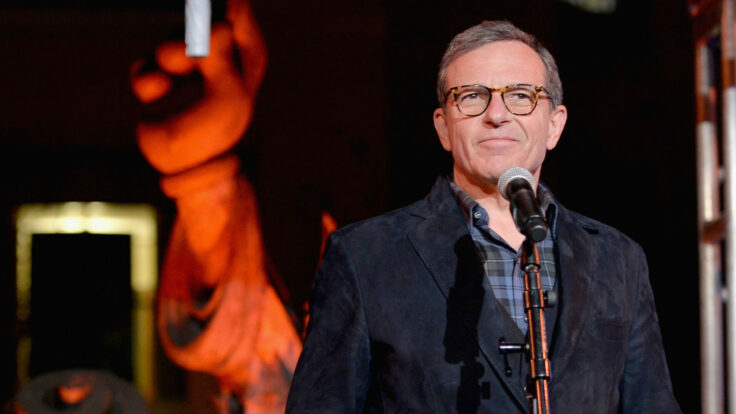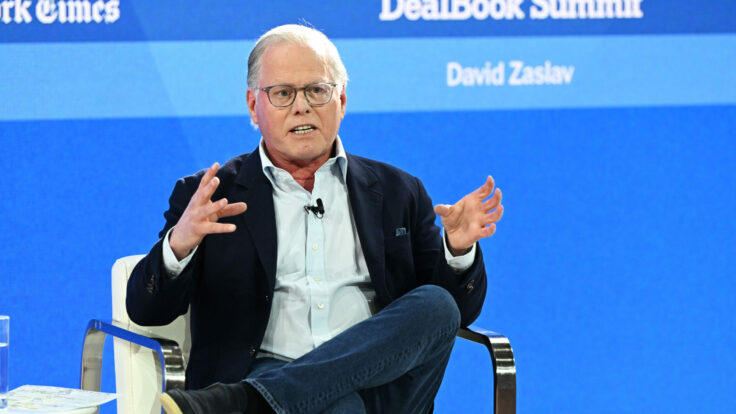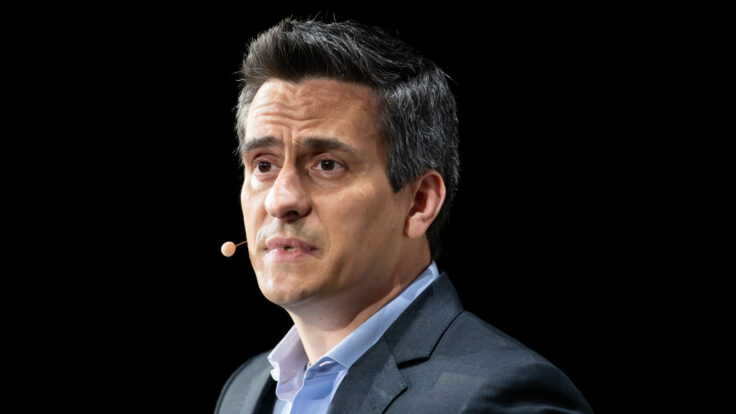My, my, it’s tough out there in Big Media these days: streamers are losing subscribers, most are losing money, linear TV is in decline, there’s a writers strike that looks like it’s here to stay, and Wall Street research analysts and investors are losing faith. What’s a legendary C.E.O. like Bob Iger, now some six months into his second tour of duty, to do?
The question is becoming harder to answer, especially after Disney announced last week that it lost some 4 million streaming subscribers in its latest quarter but nevertheless managed to cut its streaming losses to around $660 million, from more than $1 billion—exceeding analyst expectations—and yet the stock still got pounded. As Warren Buffett said last weekend regarding Berkshire’s large and losing investment in Paramount Global, the trouble is that there are “a bunch of companies who don’t want to quit” highly-expensive, extremely expensive, and low-margin streaming business. Ultimately, profitability requires fewer competitors and higher prices.

















